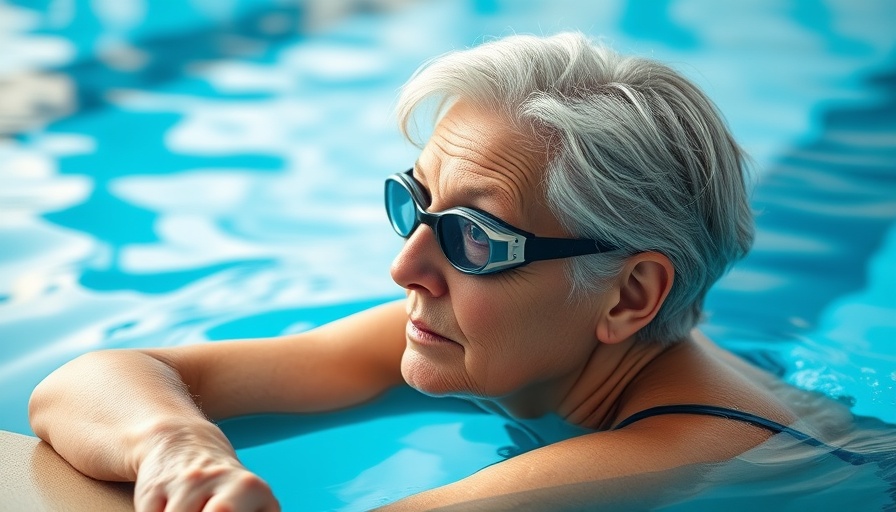
Embracing a New Journey: Creating a Sober Lifestyle in Florida
Recovery signifies a transformation that goes beyond simply abstaining from alcohol or drugs; it embodies building a fulfilling, purposeful life free from substances. For Florida homeowners navigating life after treatment, it's essential to create an environment that fosters long-term sobriety and personal growth.
Building a Strong Support Network
Your recovery journey need not be solitary. Engaging with a supportive community is crucial for maintaining sobriety. Surround yourself with friends and family who respect your journey, and consider attending local support groups such as Alcoholics Anonymous (AA) or SMART Recovery. These connections not only provide accountability but also cultivate positivity and resilience.
Establishing Healthy Routines for Sustaining Sobriety
A structured daily routine can significantly reduce the risk of relapse. Incorporate healthy habits into your day, such as morning meditation, eating balanced meals, exercising regularly, and maintaining a consistent sleep schedule. This holistic approach nurtures both mental and physical well-being, creating stability in your daily life.
Rediscovering Joy: Finding New Hobbies
Spending time in sobriety can open a treasure trove of new experiences. Engage in creative activities like painting or writing, or explore outdoor sports such as hiking, biking, or gardening. Finding new passions is not just about filling your time; it's about enriching your life and finding joy again.
Managing Stress: Essential Coping Strategies
Developing healthy strategies for managing stress is vital for those in recovery. Techniques such as mindfulness meditation, journaling, or seeking therapy can provide effective outlets for processing emotions. Engaging in music or the arts can also facilitate emotional expression and help reduce anxiety.
Setting Goals: Crafting Your Future
Sobriety is not merely about avoiding substances; it's about actively pursuing your goals. Whether you are focusing on career development, financial independence, or volunteer work, having a purpose instills motivation and direction in your recovery process.
Protecting Your Sobriety: Avoiding Triggers
Success in your recovery largely depends on steering clear of risky environments and relationships. Recognizing potential triggers is key to fostering your sobriety. This might require distancing yourself from toxic relationships or avoiding certain social situations that revolve around substance use.
As Florida homeowners, cultivating a sober lifestyle fosters a fulfilling and rewarding journey. Understanding your neighbors' challenges might inspire you to foster a supportive community, encouraging everyone to embrace healthier, more connected lifestyles.
To learn more about sustainable recovery practices and how to implement them in your life, explore local resources and connect with like-minded individuals. Together, we can build a brighter, sober future.
 Add Row
Add Row  Add
Add 



Write A Comment